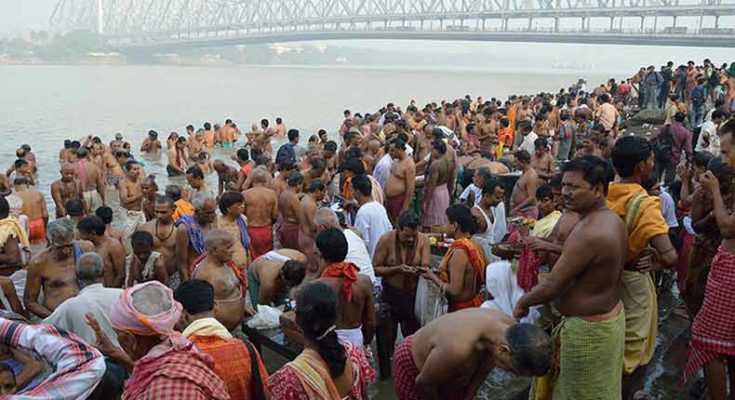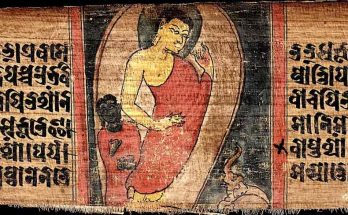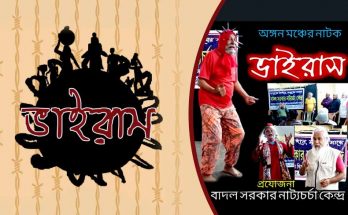Mahalaya – the stepping stone of Durga Puja Ceremony in India. Image Courtesy – YouTube
September 23, 2014, Tuesday morning appeared with a different taste than the other day of the week. Thousands and thousands of people woke up from their sleep in the very early morning with the mesmerizing voice of late spiritual poet Birendra Krishna Bhadra. Especially the people of Kolkata were very much attentive to observe the broadcasting of “Mahishashur Mardini” on All India Radio and Television.
This day is remarked as “Mahalaya”, the starting point of the famous Durga Puja Festival. “Mahalaya” is also the finishing point of “Pitru Paksha” (Fortnight of Shraadh) and the starting point of “Devipaksha” (Fortnight of the Goddess), which is known as an auspicious time for the Indians.
Read: Indian Culture inherits Peace of Mind and Spirituality
“Pitru Paksha” is known as an important time for performing the Hindu ritual, “Tarpan”. “Tarpan” in “Pitru Paksha” is a way to remember, give thanks, and honour the ancestors for whatever they have left for the present generations. It is a way of pronouncing the ancestors that they are still in our memories, and also an important part of our families. The Hindus dedicate this important fortnight to their ancestors every year. “Pitru Paksha” believed to be a perfect time for performing the rituals of “Tarpan” to please the departed soul.
“Pitru Paksha” or “Shraadh” is believed to be an unfavourable and ominous period to start any new project, shopping for new clothes and household items. The Hindus perform the rituals of “Tarpan” for the peace of the souls, their predecessors. It is said that our Ancestors stay with us during this fortnight period known as “Mahalaya Paksha” or “Pitru Paksha”. The enlightened Yogis and Rishis of India showed us the way to receive blessings from our Ancestors because our Ancestors have a huge impact on our lives as they supervise our destiny.





